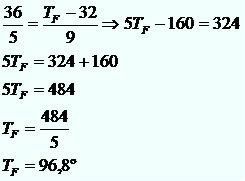O ground it is one of the most important natural elements since all living beings are on it. All human sustenance is drawn from this resource.
Despite the extreme importance that the soil plays, its improper use facilitates the appearance of various problems.
• Soil depletion: the growing increase in erosion is the result of the wrong way of planting developed by many farmers throughout the Brazilian territory, this has transformed large productive areas into soils infertile;
• Leaching: term used to designate a process that occurs when rainwater performs a kind of “washing” of the soil, removing a high percentage of nutrients, making it less fertile. As a result of this fact, it is necessary to increasingly apply fertilizers.
• Laterization: it is a process that takes place in places where two well-defined seasons predominate (dry and rainy). This characteristic favors the concentration of iron and aluminum hydroxide in the soil. The concentration of these minerals forms laterite, which makes the soil difficult to manage due to the appearance of a rust on top of it, making it harder.
Agricultural activities are soil degrading agents, causing the loss of millions of tons annually. See below some data related to the type of rural production with their respective negative results.
Areas consisting of natural forests: 4 kg of soil per hectare per year.
Pasture: 700 kilos of soil per hectare per year.
Coffee: 1,100 kilos of soil per hectare per year.
Cotton: 38,000 kilos of soil per hectare annually.
No plantation: 100,000 kilos per hectare per year.
By Eduardo de Freitas
Graduated in Geography
Brazil School Team
Source: Brazil School - https://brasilescola.uol.com.br/brasil/degradacao-solo-no-brasil.htm

